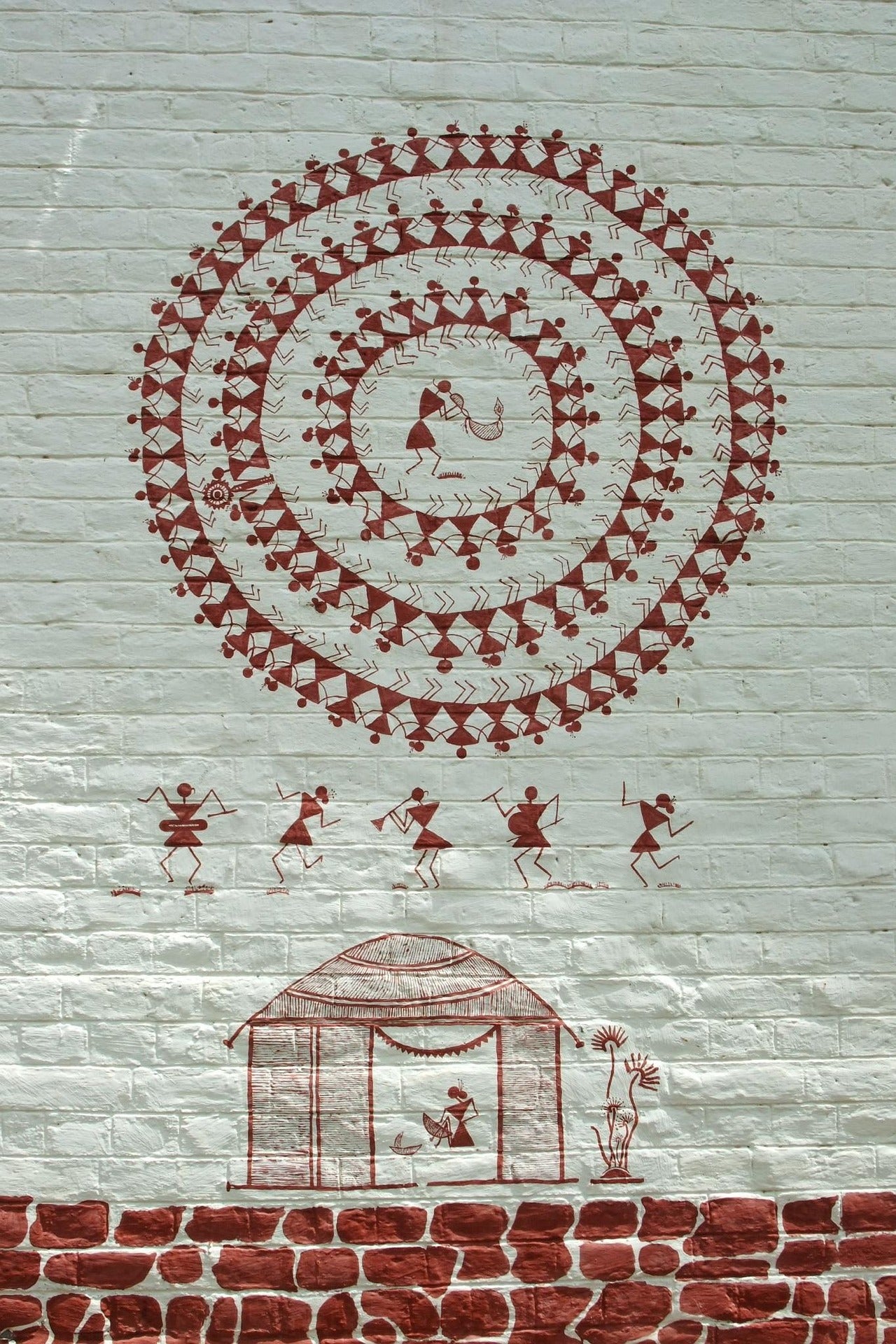


Frequently Asked Questions
Is there lye in the final soap?
No. While lye (sodium hydroxide) is needed to turn oils into soap, it’s completely used up during the process. The result is a finished bar that’s gentle and safe for your skin.
Why does handmade soap need to “cure”?
Curing is a slow drying process that usually takes 4–6 weeks. It allows the soap to harden naturally, last longer in use, and reach a balanced pH that’s kind to your skin.
Does handmade soap go bad?
Soap doesn’t “go bad” in the way food does—thanks to its high pH, it naturally resists bacteria or mold. That said, every bar contains a small amount of extra oils (superfatting) for skin nourishment. Over time—especially after a year or more—those oils can begin to turn rancid, causing the soap to smell off. It’s still safe to use, but we recommend enjoying your soap within 6 to 12 months for the best experience.
How long will a bar last?
That depends on how it’s stored! If you keep your soap dry between uses—on a well-draining dish, for example—it can last several weeks of daily use.
Is cold process soap suitable for sensitive skin?
Often, yes. Our recipes are carefully balanced, and we offer fragrance-free or lightly scented options too. If you have known sensitivities, always check our ingredient list or reach out—we’re happy to help.
Are your soaps scented with essential oils or fragrance oils?
We use both. Some of our soaps are scented with pure essential oils, while others include high-quality, skin-safe fragrance oils. These are carefully chosen and used in safe amounts, following IFRA guidelines. We believe in offering both traditional and modern scent experiences—always with care and intention.
What if I’m sensitive to fragrance?
We understand—everyone’s skin is different. That’s why we offer unscented and essential-oil-only options for those who prefer gentler formulations. Always check our ingredient list, and if you’re unsure, we’re happy to recommend a good starting point.
Do your milk soaps spoil or go bad?
No. While we use fresh milk in some of our recipes, it’s fully incorporated and transformed during the soapmaking process. It doesn’t stay raw or perishable in the final bar. Thanks to the high pH of soap, it remains stable and safe to use.
What’s the benefit of milk in soap?
Milk soaps are loved for their creamy lather and gentle feel on the skin. Ingredients like goat milk, coconut milk, or oat milk can add extra nourishment and a luxurious texture to the bar.
Do you use preservatives in your soaps?
No preservatives are needed in cold process soap. Its naturally high pH makes it an unfriendly environment for bacteria or mold. We keep things simple—using only what’s needed, and nothing more.
